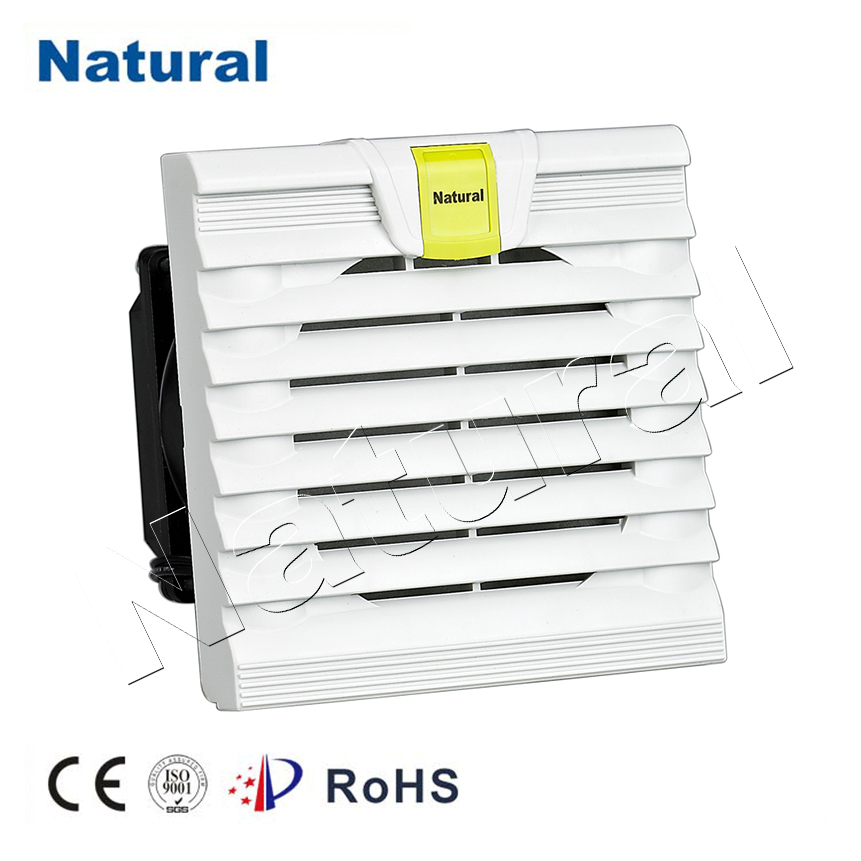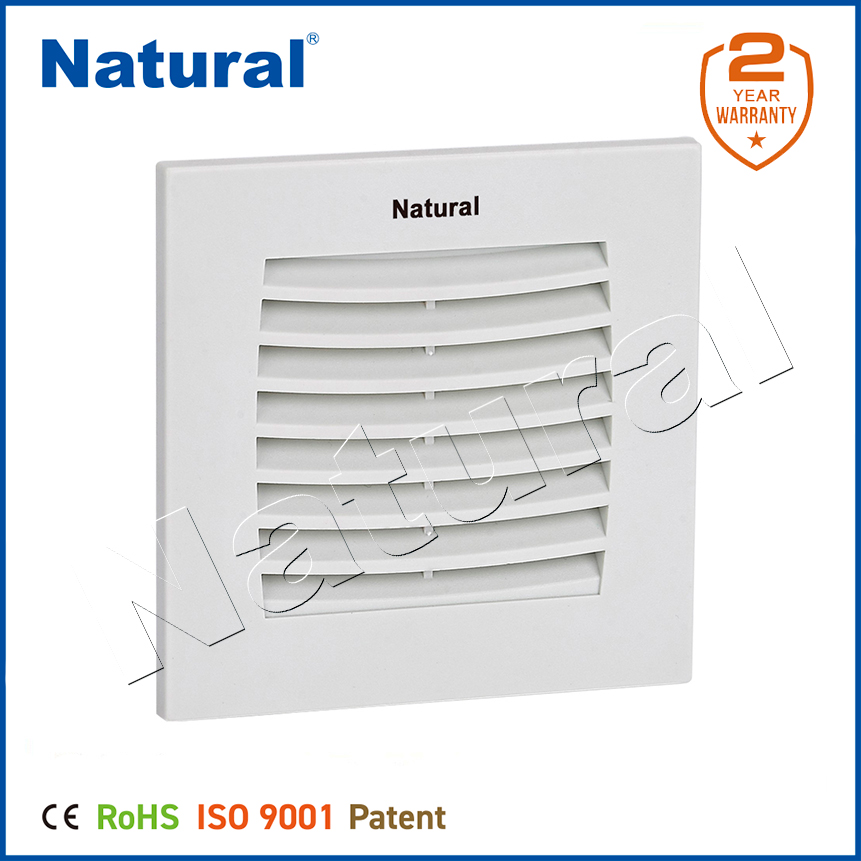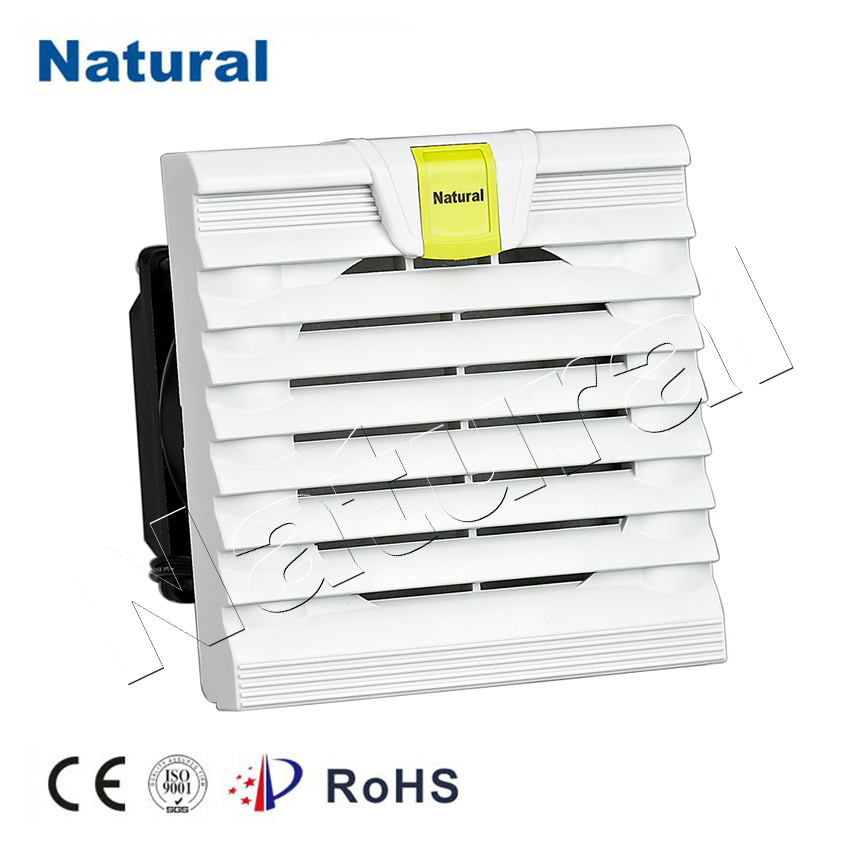Cabinet filters are crucial components in various applications, particularly in environments that require strict air quality control, such as laboratories, manufacturing facilities, and hospitals. These filters serve as barriers to prevent dust, contaminants, and harmful particles from circulating in the air. This article delves into the importance of cabinet filters, their types, applications, maintenance, and the benefits they offer in promoting a safe and clean environment.

What Are Cabinet Filters?

Cabinet filters are specialized filtration systems designed to fit within cabinetry or enclosed spaces. They are commonly used in fume hoods, biosafety cabinets, and other enclosed environments where air quality is paramount. These filters capture airborne particulates, chemicals, and biological contaminants, ensuring that the air released into the surrounding environment is clean and safe for users. Types of Cabinet Filters Cabinet filters come in various types, each tailored to specific applications and requirements: HEPA Filters: High-Efficiency Particulate Air (HEPA) filters are designed to capture at least 99.97% of particles that are 0.3 microns or larger. They are commonly used in laboratories and hospitals to ensure that airborne pathogens and particulate matter do not compromise safety.
